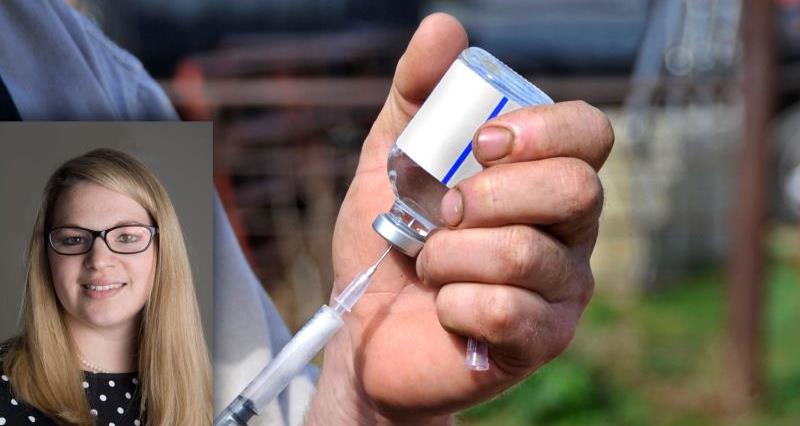Rebecca Veale, our Animal Health and Welfare Adviser, reports back in her blog below.
She writes:
AMR is not a new thing; in fact Flemming reported resistance within a short time of discovering penicillin. What is apparent is that while we’re all on the same page in terms of recognising the issue, there is a lack of global standardised approach to tracking and tackling AMR – everyone is doing something different and that is no bad thing. Every country faces different challenges, they can be related to a myriad of things such as policy, infrastructure or culture, and as such we all need to learn from one another and channel our own path to get to responsible use.
In America they are just about to make big changes in antibiotic use, involving the vet more and the phasing out all medically important antibiotics for growth and production gains in feed.
Spain has developed a National Action Plan and they’re implementing a voluntary plan to reduce colistin use in the pig sector – which is a big challenge considering different parts of the country are governed separately.
Kenya is also developing a National Action Plan for antibiotic reduction, a great step for a country which has a lot of undocumented antibiotic use.
In the UK things are going to change with the introduction of targets to reduce antibiotic usage within agriculture. But there is more on that here...
The word responsible wasn’t used a lot over the three days, reduction and stewardship were. I think as a country we do need to make some reductions, and the government targets have prompted action, but actually we are in a place where we talk responsible use regularly. The fact that RUMA has been integrated into industry for so long now means that we are light years ahead of some countries.
But we shouldn’t feel complacent.
We need to work out what we’re using and record this data, we need to make reductions in use and be more responsible in some areas of production.
The tools that can make that happen were highlighted in great detail across the three days. I won’t bore you with the intricate detail and science of the genetics but they’ve taken some amazing steps. Professor Peter Borriello (Chief Executive of the VMD) made the point that penside diagnostics which are robust, immediate, cheap, accurate and non-invasive are what we need – I think he’s spot on and they will allow farmers to make targeted decisions when it comes to medicine use.
One of the closing remarks was that we all just need to do our bit; this isn’t something that will go away, nature is much cleverer than us, people do die from AMR. You know your stock, farm, system, figures and where you can make changes. Maybe there are more changes that you can make to be more responsible with medicines (not just antibiotics), maybe you’re already practicing responsible use and have made reductions in your antibiotic use. Either way, reduction in use is what most are focusing on now.
